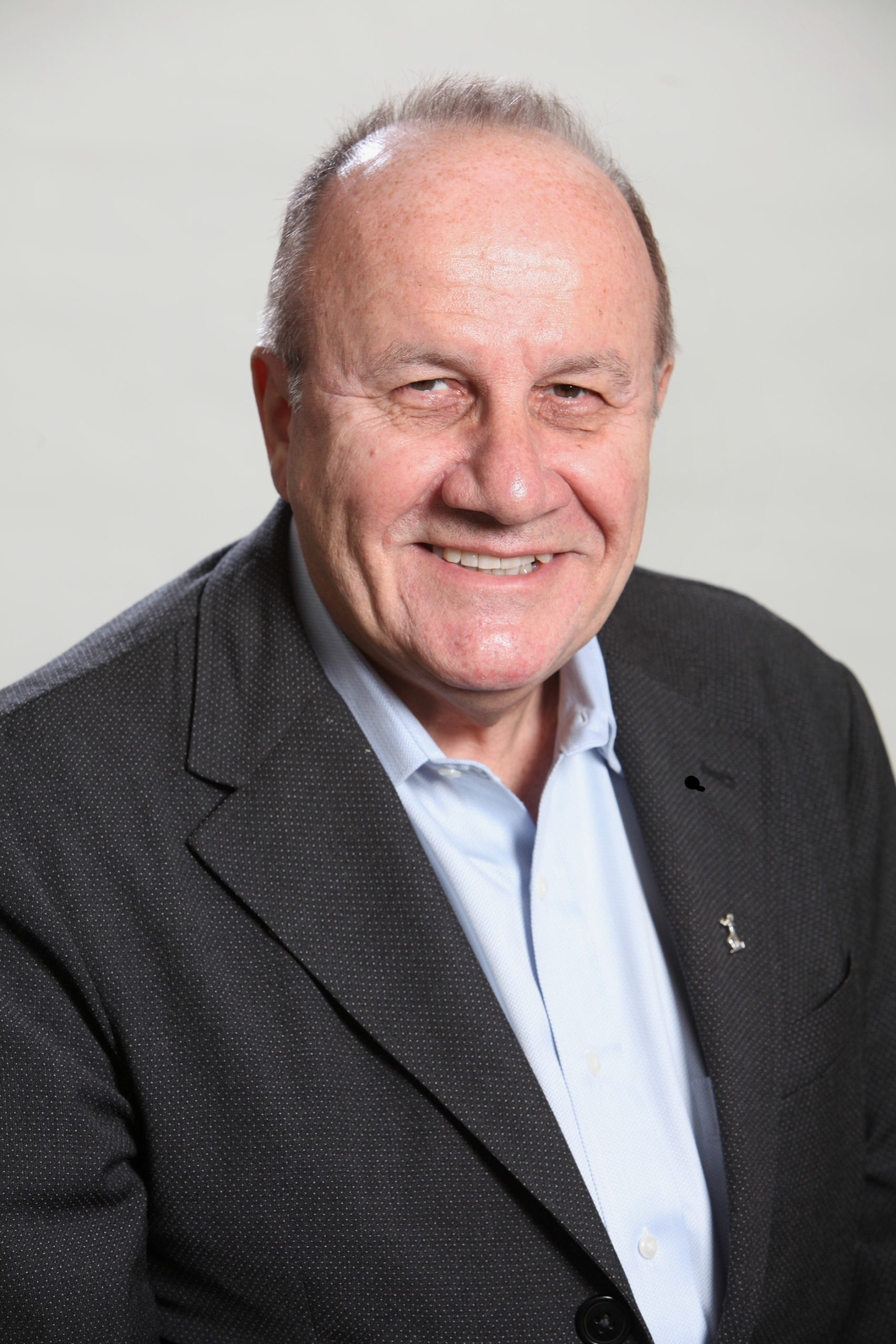Whatever doesn’t kill you makes you stronger? WRONG! Whatever doesn’t kill you COULD make you stronger IF you learned the right lessons. Going through tough times can have a silver lining: It can teach people to become more resilient. That doesn’t happen naturally, but the supportive relationships that folks learn to lean on, the broader perspective, the hope that people develop, all these can develop and strengthen resilience, and those skills come in handy after the bad times end. Bad things can provide an opportunity to “grow.” We review 10 steps to wrenching resilience from adversity.
WHAT IS RESILIENCE?
Resilience is the process (and outcome) of successfully adapting to difficult or challenging life experiences, of “bouncing back.” How do we develop resilience? Through mental, emotional and behavioral flexibility and adjustment to external and internal demands.
Resilience gives people the strength to tackle problems head-on, overcome adversity and move on with their lives. Following large-scale traumas such as terrorist attacks, natural disasters and the COVID-19 pandemic, those people who demonstrated the behaviors that typify resilience experienced fewer symptoms of depression. Even in the face of events that seem utterly unimaginable, resilience allows people to marshal the strength to not just survive but to prosper (see Viktor Frankl, Man’s Search for Meaning). Many other “normal” life events challenge us and provide the opportunity to develop resilience, such as death, divorce, financial issues, loss and illness.
RESILIENCE IS LEARNED
Research shows that the resources and skills associated with resilience can be cultivated and practiced. However, just because you learn resilience doesn’t mean you won’t feel stressed or anxious. Resilience is a journey, and each person will take his or her own time along the way. You may benefit from some of the resilience tips below, while friends may benefit from others. The skills of resilience you learn during really bad times will be useful even after the bad times end, and they are good skills to have every day. Resilience can help you be one of the people who’ve “got bounce.”
RESILIENCE TIPS 1-3 (THE ACCEPTANCE TRIAD)
- Accept that change is part of life: Accepting what cannot be changed can help you focus on what CAN be changed.
- Cut yourself some slack: When something bad happens, stress levels go up. Go a little easy on yourself -- and on others.
- It’s not just stress -- Let yourself have feelings and grieve losses: Depending on the situation, you may experience anger, sadness and/or fear. This does not mean you should act out your emotions, but rather be aware of them. Be aware of the body sensations that accompany strong emotions and let them pass through you.
RESILIENCE TIPS 4-6 (GET SUPPORT, AND START MOVING ON)
- Make connections: Family, friends and colleagues all are important. Accepting support from those who care about you and will listen to you strengthens resilience. Look into groups in your community or on the internet that can help foster your interests or teach you relevant coping skills.
- Express yourself: If it’s too hard to talk to someone about your feelings, do something else to capture your emotions, like start a journal or create art. Look for opportunities for self-discovery.
- Take decisive action: Focus on what you can control. Act on adverse situations as much as you can, don't just wish. Set realistic goals and do something toward achieving them daily.
RESILIENCE TIPS 7-10 (WORK ON YOUR HEAD)
- Be mindful of the good things in your life: Resilient people count their blessings. Let the people in your life know what they mean to you. Take a few minutes every day to reflect on one aspect of your life that you’re thankful for.
- Identify your resources and strengths: Too often we focus on our weaknesses. Reverse that. Focus on using your strengths and resources to identify solutions. Reflect on how you have successfully dealt with other challenges in the past.
- Maintain a hopeful outlook: No one can reverse what happened, but you can change how you interpret and respond to events. Develop a vision that inspires you to move forward. Be the model you want to set for others.
- Keep things in perspective: Everything comes to an end. Think back on a time when you faced up to a challenge. Think about the important things that have stayed the same as the world was changing. Use relaxation techniques to center yourself. Visualize what you want rather than worry about what you fear.
TAKE AWAYS: 3 RESILIENCE PRACTICE EXERCISES
- Change the narrative
- Stop ruminating
- Expressive writing can help
- Face your fears
- Expose yourself to what scares you
- Consider the worst case scenario
- Cultivate forgiveness
- Let go of anger
- Forgive yourself
*The views and opinions expressed in the Public Risk Management Association (PRIMA) blogs are those of each respective author. The views and opinions do not necessarily reflect the official policy or position of PRIMA.*

By: Dr. Michael Lacroix
Medical Director, The Hartford
Summary of Qualifications
Dr. Lacroix is medical director with The Hartford. He is a licensed psychologist in Florida. He has worked in the overlapping areas of disability and workers’ compensation for the last 30 years, in a variety of clinical, management, program development and consulting roles. Prior to joining the corporate world, (Concentra, then Coventry, then Aetna, and now The Hartford) Dr. Lacroix held academic appointments and developed a large clinical practice focused on assessment, treatment and rehabilitation of injured and disabled workers. He also carried out grant-supported research over many years, resulting in over 100 peer-reviewed publications and papers. He is a frequent contributor at industry conferences and publications.
Responsibilities
- Clinical review of complex psychological cases
- Staff education
- Program development
- Research
- Thought leadership (publications, conference presentations board memberships)
- General advisory functions related to behavioral health
Business Experience
- 2018 - present: Medical Director, The Hartford
- 2013 - 2017: Associate Medical Director, Aetna Disability
- 2002 - 2017: Director, Behavioral Health Services, Coventry Workers’ Comp Services
- 2000 – 2001: Regional Training Manager, East Region, Concentra Managed Care, Inc.
- 1998 - 2000: Regional Manager / Canada, Concentra Managed Care, Inc.
- 1981 - 1998: CEO and Chief Psychologist, Lacroix, Scher Consultants. Grew private practice into multi-million dollar psychological – vocational practice and ancillary businesses
- 1988 – 1998 Chief Psychologist, and Senior Psychological Consultant, West Park Hospital
- 1978 - 1989 Clinical and Research Consultant to Psychology Department, Ontario W.C.B.’s Downsview Rehabilitation Centre
- 1974 - 1991 Lecturer, promoted to Assistant Professor, then to tenured Associate Professor of Psychology, York University, Toronto, Ontario
Professional Affiliations
- American Psychological Association
- International Critical Incident Stress Foundation
- Licensed Psychologist: FL license PY6750



